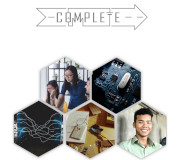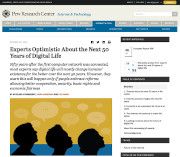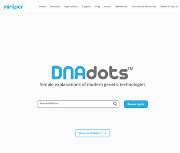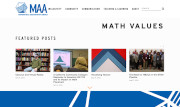
Collaborative Proposal: Pathways for Learners to Engineering Technology Employment
www.completepathways.com
Louisiana Delta Community College in collaboration with Louisiana Technology University propose an engineering technology career pathway for high school and post-secondary students. This project aims to prepare students for instrumentation technician careers in manufacturing and other highly automated industries. Through recruitment and retention programs set in a diverse geographic region, this project has the potential to promote increased participation in the STEM workforce by veterans, women, and students from groups that have been traditionally underrepresented in STEM fields. This project aims to positively affect local industry and residents by strengthening the pipeline into high-technology, high-wage jobs. As a result, this project has the potential to improve the quality of life for these residents and to serve as a model for high-tech workforce development in other rural areas across the nation.
The primary goal of this project will be to increase engineering technology career pathways for high school students, engage and retain these students through college, and ensure they will be employable upon graduation. The two pathways to become an automation technician will be either through a two-year technology degree or a four-year engineering technology degree. High school students will be offered dual credit courses to seamlessly transfer into the two-year or four-year career paths in automation technology. High school teachers and counselors from across North Louisiana will participate in workshops where they will be introduced to advanced manufacturing curriculum and career pathways. A strong collaboration between higher education and industry will help to align the curriculum to workforce needs. This project expects that it will reach about 500 high school students, about 100 undergraduate students, and more than 25 high school teachers and counselors over a three-year period.






